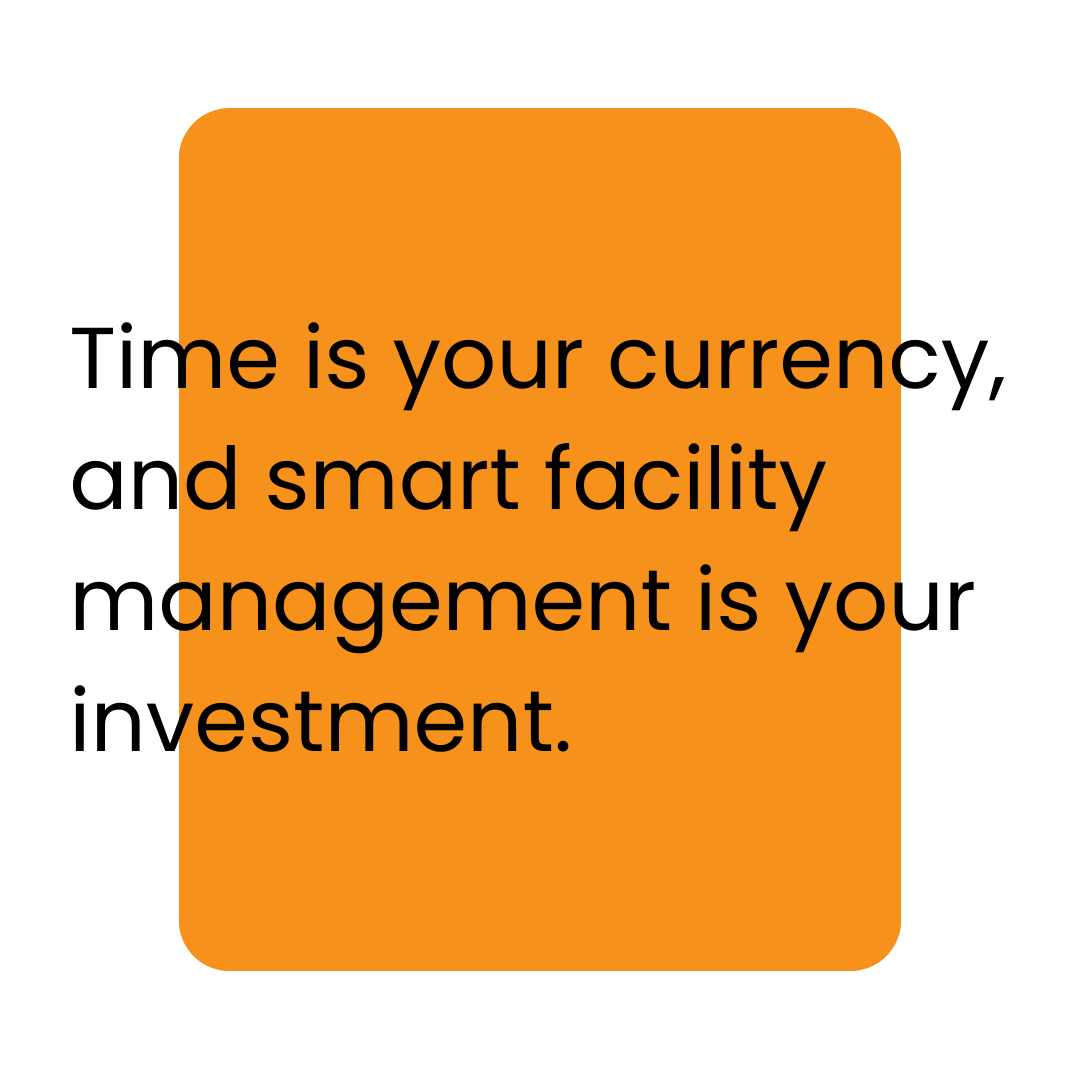
11 Ways a CAFM System Can Save You Time and Money
In the fast-paced world of facility management, finding ways to streamline operations, reduce costs, and enhance productivity is essential. One powerful tool that can help you achieve these goals is a Computer-Aided Facility Management (CAFM) system. CAFM systems are designed to simplify the complex tasks involved in facility management, providing a comprehensive solution that not only saves time but also yields significant cost savings. In this article, we’ll explore 11 ways a CAFM system benefits within your facility management practices, ultimately leading to improved efficiency and financial benefits.
1. Enhanced Work Order Management
A CAFM system centralises work order management, making it easier to create, assign, and track work orders. This streamlines the entire process, reducing administrative overhead and ensuring that tasks are addressed promptly. With automated work order management, you can eliminate bottlenecks, leading to quicker issue resolution and improved operational efficiency.
2. Proactive Preventive Maintenance
Preventive maintenance is key to extending the lifespan of your assets, reducing unexpected breakdowns and keeping on top of your statutory compliance. CAFM systems automate the scheduling of preventive maintenance tasks, ensuring they are performed at the right time. By addressing issues before they become critical, you’ll save on costly repairs, reduce downtime, enhance asset longevity and have real time visibility of your compliance status.
3. Efficient Asset Tracking
Tracking assets manually can be time-consuming and error prone. CAFM systems provide real-time visibility into asset locations, conditions, and maintenance histories and spend to date. This automated tracking eliminates the need for manual record-keeping and reduces the risk of asset misplacement. You’ll always have accurate, up-to-date information at your fingertips, enabling better decision-making and resource optimisation.
4. Streamlined Inventory Management
Managing inventory manually can lead to inefficiencies and unnecessary costs. CAFM systems automate inventory control by tracking stock levels, generating alerts for reordering supplies, and optimising stock management. This prevents stockouts, minimises excess inventory, and reduces the risk of human errors, ultimately saving you time and money.
5. Email Automations
One huge CAFM system benefit is they are full of email automations that can save you a lot of time when it comes to chasing and updating relevant stakeholders. Here are a few examples by stakeholder:
Requestor- Updates when a request has been received, approved, instructed, the date has been changed, or the job has been completed containing a report on the works that have been done.
Contractor- job instruction emails, reminders when a job is nearly due, quote approvals, automatic chaser emails when a job is overdue and outstanding job reports.
Helpdesk Users- Notifications when new request has been raised, a new job note has been added, when a job has been completed, when a job is overdue and when a contractor has submitted information against a job.
6. Data-Driven Insights
One of the most significant CAFM system benefits is their ability to collect and analyse facility-related data. This data-driven approach enables you to generate comprehensive reports, track key performance indicators (KPIs), and identify trends and patterns. With access to accurate and up-to-date information, you can make informed decisions, allocate resources effectively, and stay within your budget.
7. Mobile Workforce Enablement
Empowering your mobile workforce is crucial for efficient operations. CAFM systems often provide mobile apps that allow technicians and facility managers to access information, update work orders, and communicate on the go. Automation ensures real-time updates, reduces paperwork, and enhances collaboration between the field and the office, resulting in faster response times and reduced errors.
8. Streamlined Contractor Management
Managing contractors and service providers can be complex, but CAFM systems simplify the process. These systems centralise contractor information, automate communication, and streamline workflows. You can easily manage contractor onboarding, track performance, and monitor the time spent on-site. This automation eliminates manual paperwork, reduces administrative burdens, and enhances collaboration, ultimately improving the quality of your facility management services.
9. Energy Efficiency
CAFM systems often include energy management modules that help you monitor and optimise energy consumption. By analysing energy data and identifying areas of inefficiency, you can implement energy-saving measures, reduce utility costs, and contribute to sustainability initiatives.
10. Compliance Management
Meeting regulatory requirements and industry standards is essential, but it can be a time-consuming task. CAFM systems provide compliance management features that automate the tracking of compliance-related tasks and deadlines. This ensures that your facility remains in compliance, mitigating risks and potential fines.
11. Financial Accountability
Financial transparency is critical for controlling costs and optimising budgets. CAFM systems offer budgeting and financial tracking tools that allow you to monitor costs, track variances, and allocate funds more efficiently. This level of financial accountability helps you stay on budget and avoid unexpected financial challenges.
Conclusion
A CAFM system is a powerful ally for facility/ maintenance managers looking to save time and money. From streamlined work order management to proactive preventive maintenance, efficient asset tracking to data-driven insights, these systems offer a wide range of features that optimise operations and reduce costs. By embracing the capabilities of a CAFM system, facility/ maintenance managers can elevate their practices, enhance productivity, and achieve financial benefits that positively impact the bottom line. It’s not just a tool; it’s a strategic investment in the future of facility management.
Author
Charlie Bown
Ex Facility Manager, I feel your pain!
Book A Free Personalised Demo By Clicking Here

